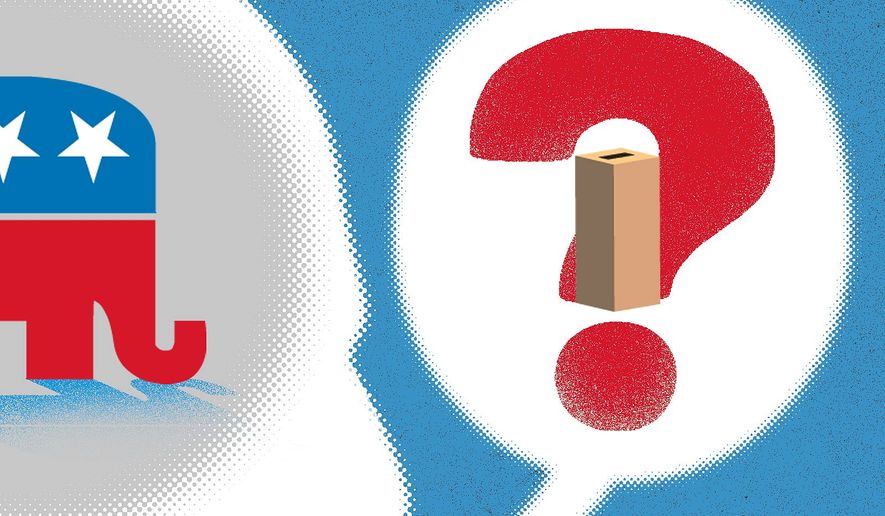OPINION:
My wife and I shared a fish boil with two retired Kenosha school teachers in Door County, Wisconsin last week. To say they were appalled that their hometown was burning would be an understatement. Even on vacation they were discomforted and disappointed with the inability of the state’s liberal leadership to curtail violence in Madison, Milwaukee and now Kenosha.
The two weren’t conservatives and I doubt if they had even considered voting for Donald Trump four years ago or for Scott Walker when he was elected governor. A half-hearted attempt to approve Joe Biden and feel us out made us suspect they voted for their current governor and were confused as to what to do now that the state seemed to be unravelling before them. As we talked, they seemed to be moving to the right reluctantly, although like many in the same boat weren’t ready to say so.
I don’t know if they’ll end up voting to re-elect Donald Trump, but as we toured the state Wisconsinites discussed the violence plaguing the state’s urban areas. According to our anecdotal evidence and recent polls, violence and policing, as featured on Thursday night of the Republican Convention, may be the key to President Trump carrying a state that the experts have believed would turn on him. Just a few weeks ago Democrats were encouraged by polls giving Mr. Biden a lead of 10 to 13 points in the state, but by the time we were there that lead had collapsed and new polls showed the contenders in a virtual tie.
What’s more, at least one national study leads one to conclude that current polls may be seriously understating Mr. Trump’s actual support and explain why our dinner companions weren’t ready to say they might be considering voting differently in November. Many analysts suspected in the wake of the 2016 election that some Trump supporters weren’t being honest with pollsters. Political scientists studying this possibility referred to them as “shy voters” because many of them weren’t willing to let pollsters know they intended to cast a politically incorrect vote for Mr. Trump.
Today, it would seem from poll results released to Bloomberg News last week by CloudResearch, a New York-based polling and marketing firm, that a significant percentage of potential voters are reluctant to name their 2020 presidential preference. 11.7% of self-identified Republicans and 10.5% of independents polled didn’t say they were undecided, but refused to name a preference with many adding that their reluctance is based on their perception that “it’s dangerous to express an opinion outside of the current liberal viewpoint.” Only 5.4% of the Democrats polled expressed a similar reluctance to name their candidate.
Following the 2016 election, the American Association for Public Opinion Research studied these so-called “shy voters” and concluded that while in past elections they had split between the candidates along the same lines as non-shy voters, that changed in 2016. After the election, pollsters asked the respondents to their earlier polls how they actually voted.
It turned out that those who wouldn’t name a preference favored Donald Trump over Hillary Clinton on election day by a 16-point margin. The authors of the study hedged their conclusion, saying that some of these voters may have been late deciders rather than truly “shy,” but the inescapable conclusion is that many if not most just weren’t about to divulge their true choice to pollsters.
Bernell Trammell, a 59-year-old Black Milwaukeean, was shot to death in front of his business in late July. Trammell was a vocal Trump supporter at odds with many “woke” activists in Milwaukee. His assassin escaped on a bicycle and has yet to be apprehended. Police say they don’t have a motive for the killing, but many Wisconsinites are convinced that the motive was obvious and blatant — Trammel had the right of free expression only if he agreed with progressives. Shy voters say they feel the same way, and are not willing to risk the ostracism and worse.
It may have been “politically incorrect” to state one’s intention to vote for Donald J. Trump four years ago, but the perception among much of the public that it might actually be dangerous today is real. Examples abound of mobs targeting, verbally and sometimes even physically attacking anyone wearing a “MAGA” hat or in other ways declaring their support for Mr. Trump.
This fear of harassment by “progressives” wedded to silencing or “cancelling” those who disagree with them may after the election explain why the polls were wrong again.
• David A. Keene is an editor at large for The Washington Times.




Please read our comment policy before commenting.